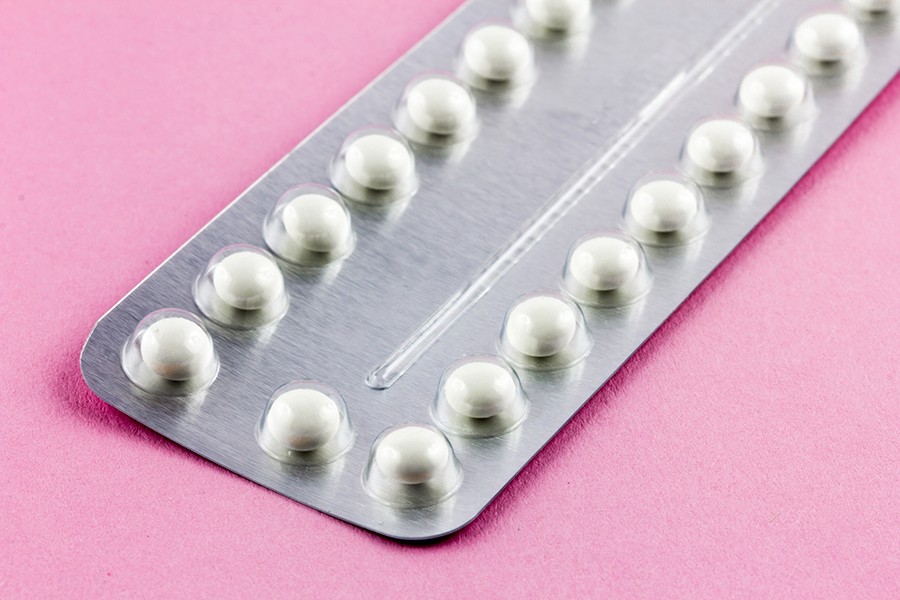A team of health experts is recommending that "the pill" become available over the counter in the U.S., without restrictions on teenage use.
A Johns Hopkins-led review cites evidence that teens are capable of safely and properly using oral contraceptives to prevent unwanted pregnancies.
The team—experts in pediatric, adolescent, and women's health—reviewed decades worth of scientific and regulatory research supporting the switch in oral contraceptives from prescription-only to over-the-counter, or OTC. Their findings are published this week in the The Journal of Adolescent Health.
The ramifications of an OTC pill remain a topic of intense debate at the federal policy level. While proponents say wider access would lower rates of teen pregnancy and abortion, critics have concerns about increasing rates of teen sex and sexually transmitted diseases, along with the safety issues of long-term use.
The lead author of the new report, Krishna Upadhya, assistant professor of pediatrics at the Johns Hopkins School of Medicine, notes that past research has already established that the majority of adolescents start having sex before the age of 18, and that earlier use of contraceptives reduces the risk of teen pregnancy.
"Our review strongly suggests that giving teens easier access to various contraceptives will not lead to more sex but would result in fewer unwanted pregnancies," she says.
The pill is already the most commonly used hormonal method of birth control by women of reproductive age in the U.S., according to the 2011–2013 National Survey of Family Growth, which estimates that 54 percent of females aged 15 to 19 have taken it. That age group has recently seen a historic drop with births, a change that experts directly attribute to increased use of contraception.
Upadhya's team reviewed various angles of teen-specific data on the pill.
Looking at potential health side effects, they found that medical conditions which increase serious risks with the pill are rare among teens. They also found evidence that most teenagers have the reasoning skills to make informed decisions about using oral contraceptives, and in fact may be likely to use them more consistently than condoms. In addition, Upadhya notes, studies comparing the contraceptive failure rate in teens versus young women showed no significant differences.
When examining the trends for "Plan B"—the so-called morning-after pill, which the FDA made available over-the-counter in 2012—the experts suggest that recent increases in teen use of the emergency contraceptive have matched the need for improved access, rather than an increase in sexual behavior. They expect the same would occur if restrictions lift for the pill. With Plan B, teen use rose from 8 percent in 2002 to 22 percent in 2011–2013, according to the researchers.
The experts also considered the potential of OTC status to negatively impact opportunities for clinicians to counsel teens and provide reproductive health care. But they found that the percentage of teens who go to the recommended annual physician visit is already low (according to one study, only 38 percent of 14- to 17-year-olds did so). Upadhya says such results point to the need to provide teens with alternative access points outside of clinics to address their contraceptive needs.
The report comes on the heels of recent news about a pharmaceutical research effort to develop an OTC contraceptive pill. Though the FDA process will likely take years, HRA Pharma has teamed up with Ibis Reproductive Health to begin the application.
"Our review emphasizes that any future over-the-counter pill has the potential to benefit teens, and there is no scientific rationale to restrict access based on age," Upadhya says.
Read more from Hopkins MedicinePosted in Health, Politics+Society
Tagged reproductive health, contraception








